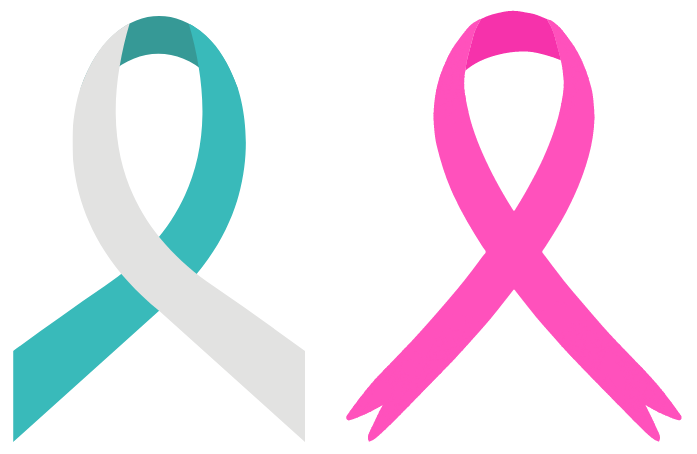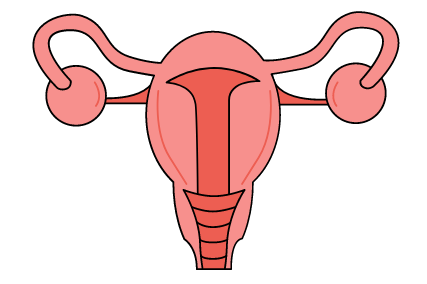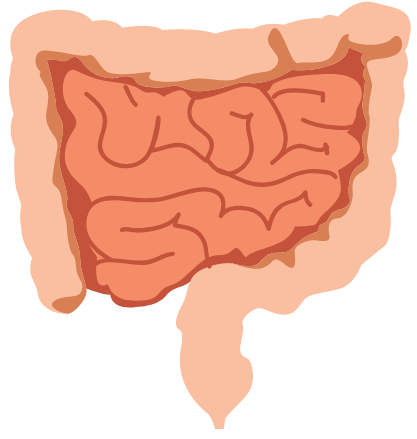In line with International Women’s Day on March 8th, it is a good time to reflect on and learn more about the health issues that largely affect women. As a result, we have put together a comprehensive list of common health issues among females. Particularly, we have included great resources and tips to ensure you or someone close to you can easily stay on top of their health.

Cancers Common in Women
Breast Cancer
Each year, around 17,000 women in Australia are diagnosed with breast cancer. With early diagnosis, there is an increased chance that cancer will not come back after treatment. Therefore, it is important to ensure you keep up with the routine checks:
Mammograms
BreastScreen Australia offers free mammograms to women 40 years of age and older every two years.
Self-Screening
Before the age of 40, or in between your routine mammograms, you can also easily do a ‘self-exam’ to find any changes in your breast.
Breastcancerorg. has a great visual and written guide on how to do your own at-home exam and the Breast Cancer Network Australia has a good list of things to look out for in the exam.

Cervical Cancer
There are nearly 1000 cases of cervical cancer diagnosed each year in Australia. There are ways to easily monitor yourself and prevent cervical cancer from developing:
HPV Vaccine
The Human Papillomavirus (HPV) is the cause of almost all (90%) cervical cancers. There is a vaccine that protects against HPV with almost 100% effectiveness (even 10 years after the vaccine!).
Cervical Screening
Even with the HPV vaccine, it is recommended to keep up with regular cervical screening to monitor any changes in the cervix. In fact, since the introduction of the National Cervical Screening Program, the number of cases and deaths due to cervical cancer in Australia have halved.
In the past, this was done via a ‘Pap Smear’, this has now been replaced with the more effective Cervical Screening Test. With better ways to screen for HPV, the Cervical Screening Test only needs to be conducted every 5 years (if found to be negative for HPV).


Vaginal Health
Vaginal Microbiome
The vagina contains a substantial amount of bacteria, with a number second only to the large intestine. These bacteria assist to protect the health of the vagina, helping to keep the pH balance (on the more acidic side) and keeping potentially harmful bacteria at bay.
Using perfumed soaps, vaginal washes/douches or any other harsh cleaners in this area can cause the healthy bacterial balance to be thrown off, causing things like thrush and bacterial vaginosis.
Did you know probiotics can help the treatment of thrush and bacterial vaginosis?

Other Resources
Pelvic Floor
The muscles of the pelvic floor are essential for good control over the bladder and the bowel, meaning their strength is important going to the toilet and passing wind. A weakened pelvic floor can cause a loss of control over urinating and passing stool or wind.

Other Resources

Constipation
Constipation can happen at any age or gender but female hormones can increase the likelihood of women becoming constipated. Constipation is classified as having a bowel movement less than three times in a week, hard stools, pain when passing stool or only small amounts of stool being released each time. Some ways to reduce constipation are:
- Drink more – fluids help stool move through the bowel
- Exercise – regular movement helps stimulate the bowel muscles
- Increase fibre – fibre is found in plant foods and helps bulk the stool to move through the bowel
- Probiotics – Yakult’s probiotic bacteria, the Lactobacillus casei Shirota strain, have been found to improve stool consistency and reduce constipation

You can learn about ways to support intestinal health, including during pregnancy and breastfeeding here
